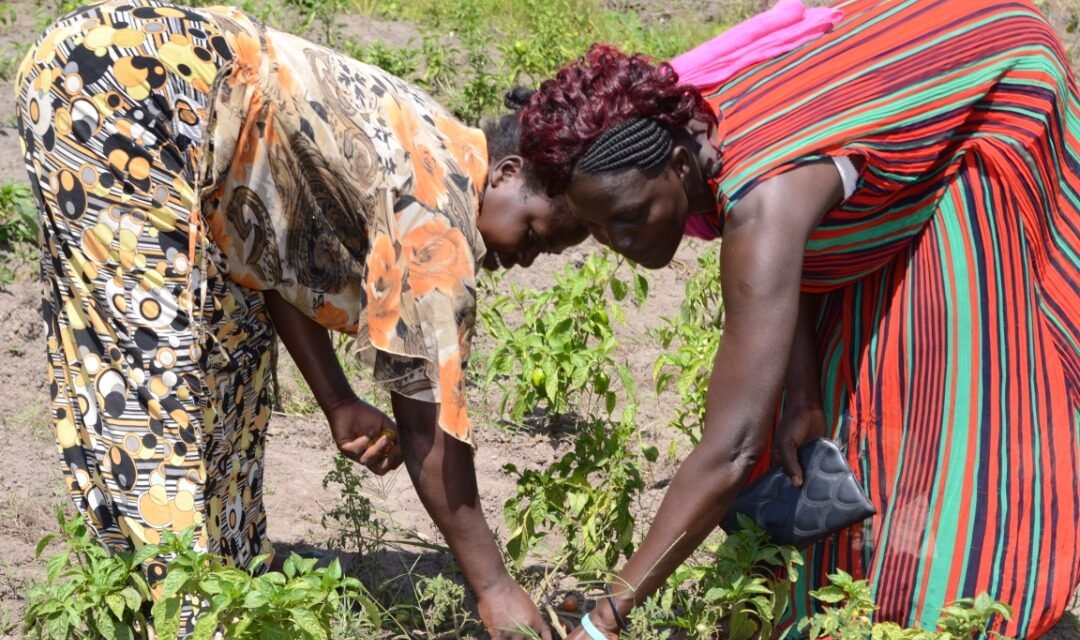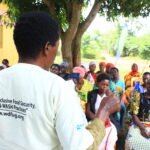MAYUGE DISTRICT: In Uganda, women are the backbone of the agricultural sector, yet their contributions often go unrecognized and undervalued. However, recent efforts to empower women in agriculture are highlighting the critical role they play in sustainable development and livelihood improvement across the country. According to recent baseline studies conducted by Wilmat Development Foundation, 60 percent of the engaged Women and Youth make up the majority of the agricultural workforce in Uganda, undertaking various tasks from crop cultivation to livestock rearing and food processing. Despite their significant contributions, women farmers face numerous challenges, including limited access to resources such as land, credit, seeds, and agricultural inputs.
Recognizing the importance of addressing these challenges, various organizations and initiatives have been launched to empower women in agriculture. One such initiative is the Women in Agriculture Empowerment Program (WAEP), which aims to provide training, financial support, and market access to women farmers in rural areas. Through programs like WAEP, women are gaining the skills and resources they need to increase their productivity, generate higher incomes, and improve their livelihoods. By providing women with access to agricultural inputs, such as improved seeds and fertilizers, they can enhance their crop yields and contribute to food security and nutrition for their families and communities.
Moreover, empowering women in agriculture is not only about economic empowerment but also about promoting environmental sustainability and community development. Women farmers are often the custodians of natural resources in rural communities, responsible for tasks such as water management, soil conservation, and agroforestry.
By promoting sustainable farming practices and environmental stewardship among women farmers, Uganda can mitigate the impacts of climate change, preserve natural resources, and build resilience against environmental shocks. Furthermore, empowering women in agriculture has a ripple effect on the entire community, leading to improved social development outcomes. Women invest a significant portion of their income back into their families, particularly in education, healthcare, and other essential services, contributing to poverty reduction and improved well-being. However, despite the progress made, there is still much work to be done to achieve gender equality in the agricultural sector. Policymakers, governments, NGOs, and international agencies must continue to prioritize gender-responsive policies and provide targeted support to women farmers to ensure their full participation and empowerment in agriculture.
In conclusion, empowering women in agriculture is not only a matter of gender equality but also a key strategy for achieving sustainable livelihoods, food security, and economic development in Uganda. By recognizing and addressing the specific challenges faced by women farmers and providing them with the necessary support and resources, Uganda can unlock the full potential of its agricultural sector and build a more inclusive and resilient society.








